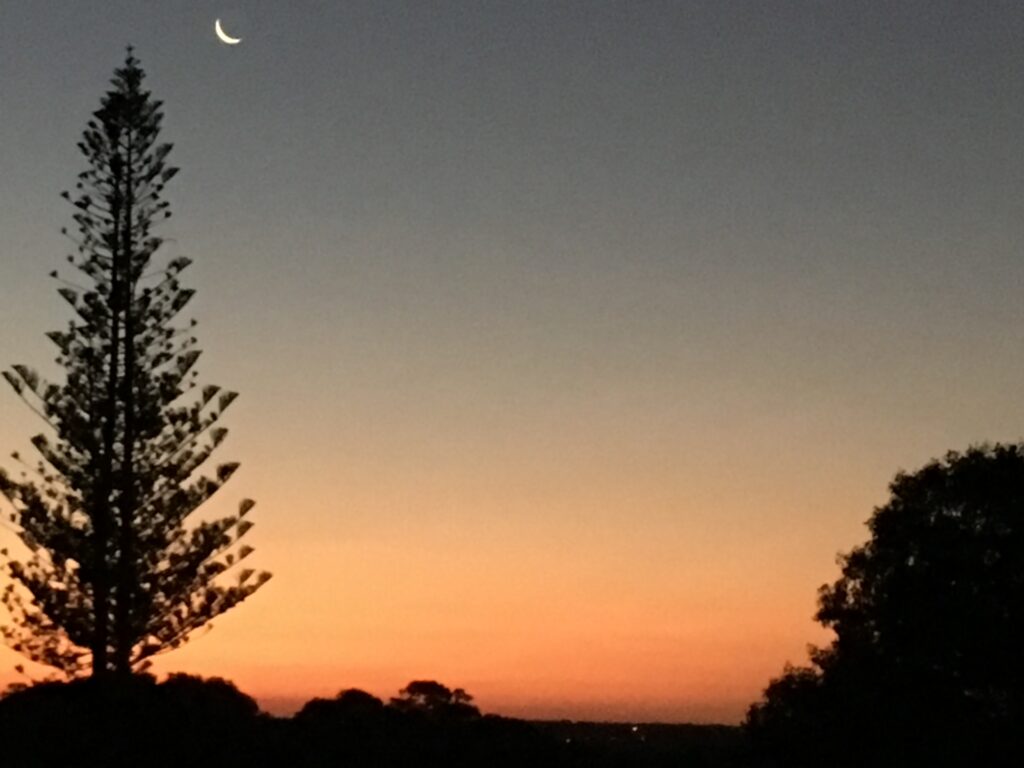You might be feeling worried after reading about the process of dying.
A Tibetan woman once told her teacher, a lama, “When I hear about the rewards of good actions, I become hopeful for liberation — even for me. But when I hear about the consequences of bad actions, I have doubts about liberation — even for you.”
While it is not helpful to be paralysed by the fear of what comes after death, it is very good to be concerned and careful before it is too late.
The good thing about karma is that we can always improve it.
If we are not on the right path, we can turn our lives around.
If we are already on the right path, we can improve.
We control our destiny.
There are hundreds of different teachings and compassionate ones to help us help ourselves.
But the first step is to know and accept the inevitability of death and the consequences that are waiting for us — while there is still time.
That way, we can do all the preparations necessary while we are still alive.
We need to develop positive attitudes and serve others with beneficial deeds.
If we do not prepare this way, death will be a sorrowful occasion that not only marks the end of our days of life, but also presents the danger of a painful or even hellish future.
If we handle our lives well, however, death is certain to be a time of celebration. It will mark the end of old age and sickness, and the dawn of happiness.
Some of us may see enlightened beings of boundless compassion and omniscient wisdom leading us to joyful paradises, such as the Blissful Pure Land of the Buddha of Infinite Light.
If we are highly accomplished esoteric meditators, moreover, we may even attain enlightenment at death in what is known as the passage of ultimate nature.
But the point is that we need to prepare for death and after death now, without delay.
If we exhale and cannot inhale, death will have arrived. That’s how close we are to the day when we celebrate or sob.
Source: Taken from the following book — Thondup, Tulku. Peaceful Death, Joyful Rebirth: A Tibetan Buddhist Guidebook. Boston, MA: Shambhala Publications, 2005.

But the first step is to know and accept the inevitability of death and the consequences that are waiting for us — while there is still time.
That way, we can do all the preparations necessary while we are still alive.
We need to develop positive attitudes and serve others with beneficial deeds.
If we do not prepare this way, death will be a sorrowful occasion that not only marks the end of our days of life, but also presents the danger of a painful or even hellish future.
If we handle our lives well, however, death is certain to be a time of celebration. It will mark the end of old age and sickness, and the dawn of happiness.
(Thondup, Tulku. Peaceful Death, Joyful Rebirth)
